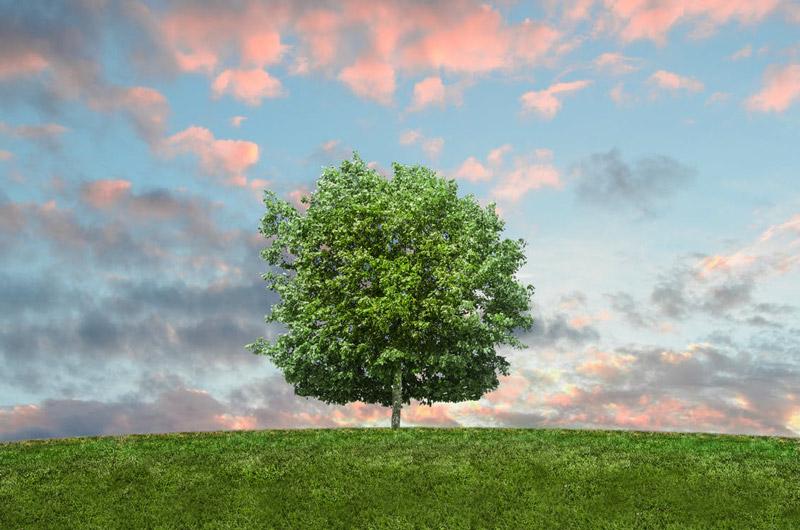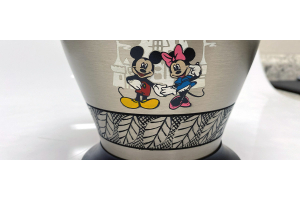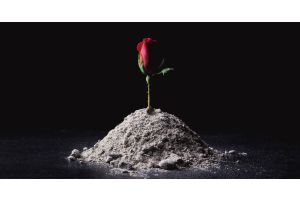
These days, people are not surprised when loved ones say they want to be cremated when they die. Cremation is becoming more popular due to the options it opens up for families, lower cost and accommodations from religion and local organizations. In only a few years, most Americans will find it the perfect choice for them.
Current Trends
Anyone who has gone to a funeral home to pre-plan a funeral has likely observed that the number of institutions promoting cremation services is on the rise. As the number of available plots at cemeteries becomes scarcer over the years, people have had to reconsider cremation as an option. The evidence shows that more families are turning to cremation as the best selection. In its 2012 report, the Cremation Association of North America (CANA) noted that cremation is likely to become the preferred method for people to plan for the disposition of their remains by 2017. In some states in the U.S., cremation is already the majority. In Canada, cremation has been the default choice since 2007. Now, cremation approaches a two-thirds majority in the country, demonstrating that millions of people are finding cremation to be far more than just an alternative.
Cost
What explains this radically changing trend? Although some consider finances to be a foolish reason to make a decision about one’s final remains, CANA claims that cost is a major factor for 30 percent of people who ultimately make the decision to have their remains cremated. Lack of funds drives a large number of decisions, and many people simply cannot afford to pre-purchase a burial plot or a casket for a traditional burial. Cremation typically costs around $3,200 for all relevant services, compared to $9,000 or more for a traditional burial. When dollars count, an expense that is one-third the cost of burial makes a great deal of sense to an increasing number of people.
Transport
The immense flexibility of cremation in terms of the storage and disposition of cremated remains, as well as the available options for memorial services, makes cremation a far more appealing choice. In 2013, the Deseret News noted that many U.S. immigrants find cremation the right option because it greatly simplifies the process of transporting their remains to their home countries. The free ability to move the ashes to another location is a much-lauded quality of cremation services. While intact bodies certainly can and are moved from one location to another for burial, the process is far more complicated. Ashes weigh only a few pounds and can be transported easily by plane or car. While moving a body requires trained officials with the right permits, relocating ashes for final disposition typically only requires the proper container.
Scheduling Memorial Services
This flexibility in transport also translates into the opportunities available for scattering or burying ashes, and the memorial services that are typically held at that time. Funerals and burials usually must be held within a week of a person’s death. Even with embalming, intact bodies deteriorate quickly. By comparison, ashes will not deteriorate, even over centuries. This allows families to make arrangements to scatter or bury ashes, and hold a wonderful memorial service on their own terms. For example, if a loved one died in the middle of a harsh winter, relatives and friends may choose to wait for a better time to hold an outdoor ceremony.
Creativity
Ultimately, cremation makes it easier for individuals and families to plan their final wishes according to their needs and interests, not based on the limitations of proximity and time. People can have their ashes scattered or buried in almost every imaginable location, from scattering by plane to burial deep in the sea. The choices for cremation urns are surprisingly varied, with options in traditional, natural and whimsical styles available to suit almost any preference. Most people recognize that funerals and memorial services are for families and friends to say goodbye. Simply put, cremation allows hosts to more accurately and creatively bring out the beauty and personality of the person they lost.
Removed Barriers
With all these benefits, some people wonder why cremation is not already the default selection. The answer is that there have been barriers to cremation in the past, which have been removed by time and advocacy. In the past, people might not have chosen to be cremated because it was not offered to them as a viable choice. Now, funeral homes are happy to suggest it, with options for services, urns for ashes and plans for memorial services. Since many major religions have relaxed their rules barring faithful members from being cremated and put to rest by religious rites, more and more people can make this more freeing choice. At the end of the day, people want more decision-making power over their final wishes. With lower costs, flexibility in transporting ashes and greater creativity in planning for the remains, families find that cremation is no longer simply a burial alternative.





